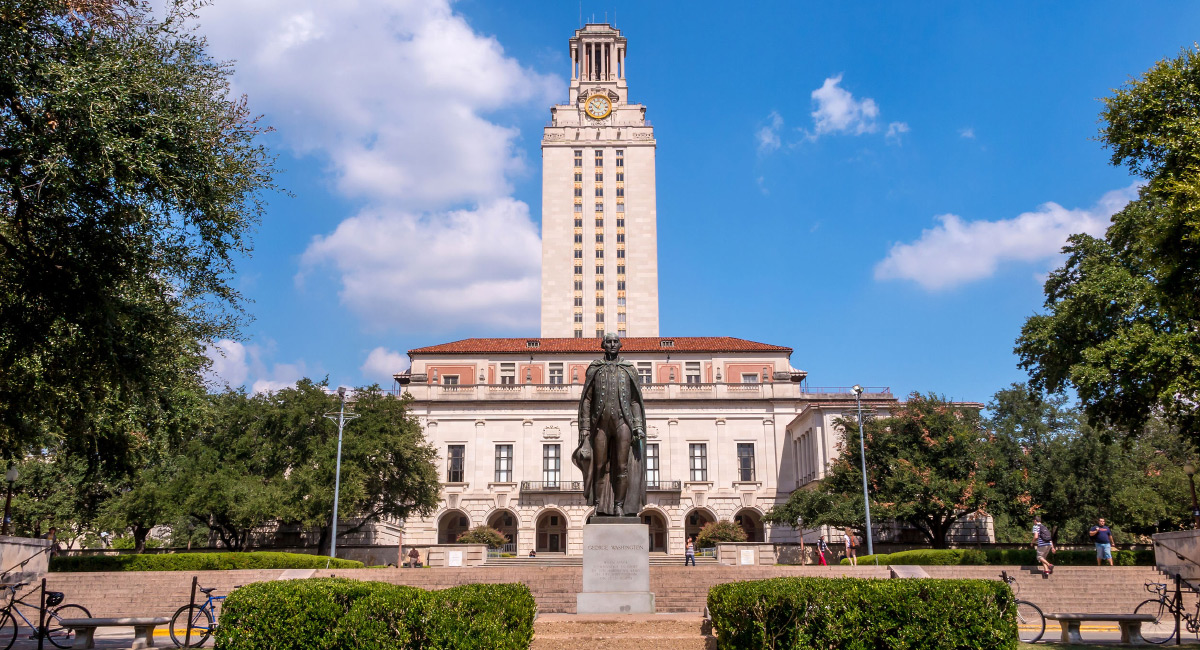There is contradictory news out recently on how Americans feel about supporting colleges and universities. On the one hand, newly released data from Grapevine, the Illinois State University center tracking state governmental higher education support, shows that for fiscal year 2020, appropriations have risen 5% over the previous year. The 2020 appropriations nationally of $96.64 billion is a healthy 18.8 % above five years earlier. While about half of that growth reflects inflation, real spending per student is rising, especially since enrollments themselves are actually declining slightly. In the current fiscal year, state subsidies are expected to rise in all but three states, Alaska, Hawaii, and New York (which projects only a very small drop of 0.3%). Some relatively large states (e.g., New Jersey, Tennessee) project increases of state support in the 10% range.
Although this is good news for state schools, the rate of increase in appropriations is not particularly large considering the nation is in an extraordinary 11th year of economic expansion, with extremely low unemployment rates and a booming stock market. For many states, the recent increases are merely getting real spending back to levels prevailing before the 2008 financial crisis.
Moreover, a couple of new Gallup polls provide some distinctly bad news if one accepts the proposition that in a democracy robust government funding is only possible with lots of public support. In a poll released in December, Gallup asked “How important is a college education today?” When asked that in 2013, 70% of respondents said “very important.” But when asked in 2019, only 51% had that response, a sharp decline.
Much has been made of the fact that the decline in public support is particularly pronounced among more conservative people—only 41% of Republicans, for example considered college “very important” in the recent survey. But what I think is far more interesting and important is that the decline in positive attitudes towards universities is particularly pronounced among young persons. Look at respondents aged 18 to 29—the age of current college students or recent graduates. In 2013, 74% of this cohort thought college was “very important,” while today that has declined dramatically to 41%. College age persons have gone from being more supportive of the idea of a college education than the population as a whole, to becoming far less supportive.
I have said this before, but it bears repeating: when the behavioral norms within the Ivory Tower deviate dramatically from that of the society that supports higher education, there is a possibility of a sharp decline in public support. Society wants universities to support, extend, even strengthen accepted cultural norms for future generations of Americans. When schools appear to disdain those norms, and promote alien and hostile beliefs, the public starts to say no to colleges.
What are the cultural norms that the colleges seem to find contemptuous? For starters, the notion of free and unfettered speech, the very foundation of our constitutional democracy as enshrined in the First Amendment. Second, a contempt for competitive market capitalism that provided an environment welcoming of investment, innovation, and high levels of economic growth.
Moreover, tolerance for values not conforming to mainstream norms would be greater if colleges operated efficiently and inexpensively. Another new Gallup survey shows that only 27% of 18-29 year old Americans said yes when asked “Is education beyond high school affordable to anyone who needs it?” Additionally, at one time there were high levels of confidence, if not reverence, for individuals running colleges. That respect I suspect has generally declined. College presidents are increasingly viewed as somewhat shifty rent-seekers rather than respected thinkers dedicated to the public good.
All this is happening during a period of unusually long good times. What happens when unemployment starts rising, stock prices start falling, and our federal government’s trillion dollar annual budget deficits finally start to catch up with us, manifested in falling bond ratings, higher interest rates, and other fiscal pains? To be sure, an economic downturn may actually temporarily reverse the current enrollment decline, now eight years old, but at the cost of sharply falling, not rising state appropriations. Years of profligate spending and disdain for the public that supports it is threatening the future of higher learning in America.












